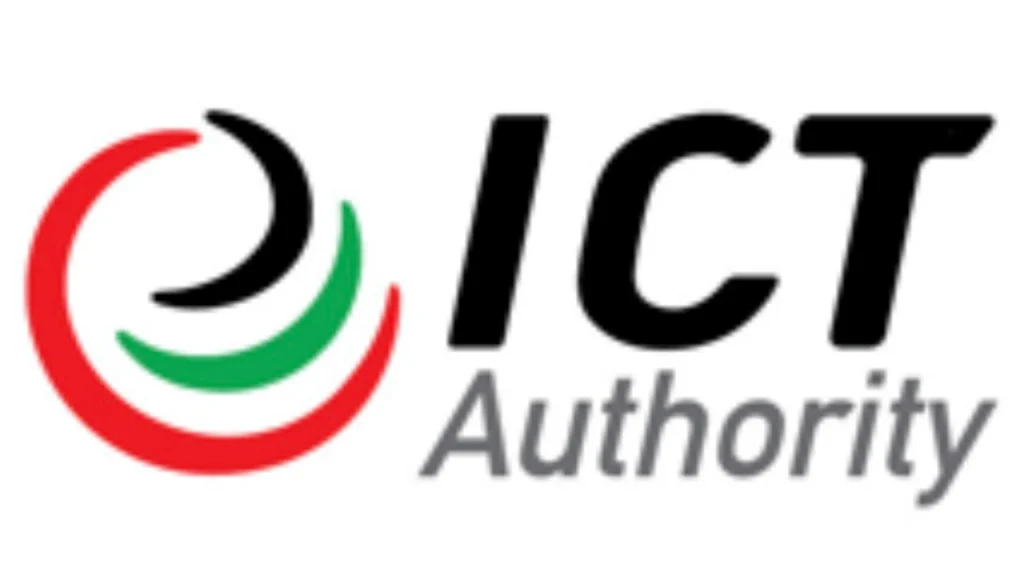- ICT Authority enforces ICT standards, runs the national digital infrastructure and talent programmes.
- Sector innovations include fibre rollout, USSD service expansion, digital certificates (NPKI), and growing NLP research facing linguistic challenges.
About the ICT Authority and its mandate
The Information and Communications Technology Authority was founded in August 2013 as a government-owned corporation to consolidate ICT functions across public service bodies. ICTA enforces ICT standards, supervises electronic communication, maintains government digital infrastructure, and promotes digital literacy, innovation and enterprise in line with Kenya’s National Digital Master Plan 2022–2032.
Its key functions include setting ICT guidelines for public offices, facilitating e-government services, operating public digital infrastructure, supporting digital skills via programmes such as the Presidential Digital Talent Programme, and driving innovation through its Department of Innovation.
Also read: Telenor IoT and PLAATO bring real-time insights to brewing
Also read: GPX Egypt drives Africa’s digital growth with Tier 4 data centres
ICT Authority projects and innovations
ICTA leads several national initiatives. It manages the Government Data Centre (GDC), offering cloud, virtual servers, connectivity and security services to government agencies. Another flagship project is the National Public Key Infrastructure (NPKI), under which ICTA issues digital certificates to government entities, while the Communications Authority acts as Root Certification Authority.
There’s also the rollout of public Wi-Fi infrastructure and ‘last-mile’ fibre connectivity under the Government’s Digital Superhighway ambition—to lay 100,000 km of fibre, deploy 25,000 public Wi-Fi hotspots and digital hubs in all wards.
Challenges and industry trends
Kenya’s ICT sector is among East Africa’s most dynamic, with annual growth of around 10.8% and the digital economy projected to contribute 9.2% of GDP by 2025. This growth has attracted investments by global players such as AWS for data centres.
However, the sector faces hurdles. Mobile broadband and mobile money services have flourished, but multilingual inclusion remains a challenge. Natural language processing (NLP) technologies inadequately represent Kenya’s many indigenous languages. Advances in machine translation and local language sentiment analysis remain constrained by under-resourced datasets.
Cybersecurity and data protection also remain pressing concerns. ICTA is working to enforce standards and regulations, particularly through the proposed ICTA Bill 2024, which aims to modernise oversight of digital governance, licensing and security practices.

